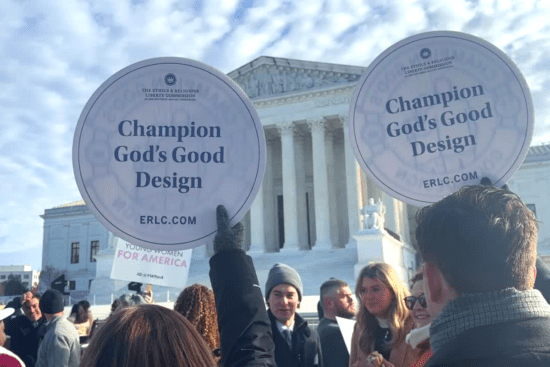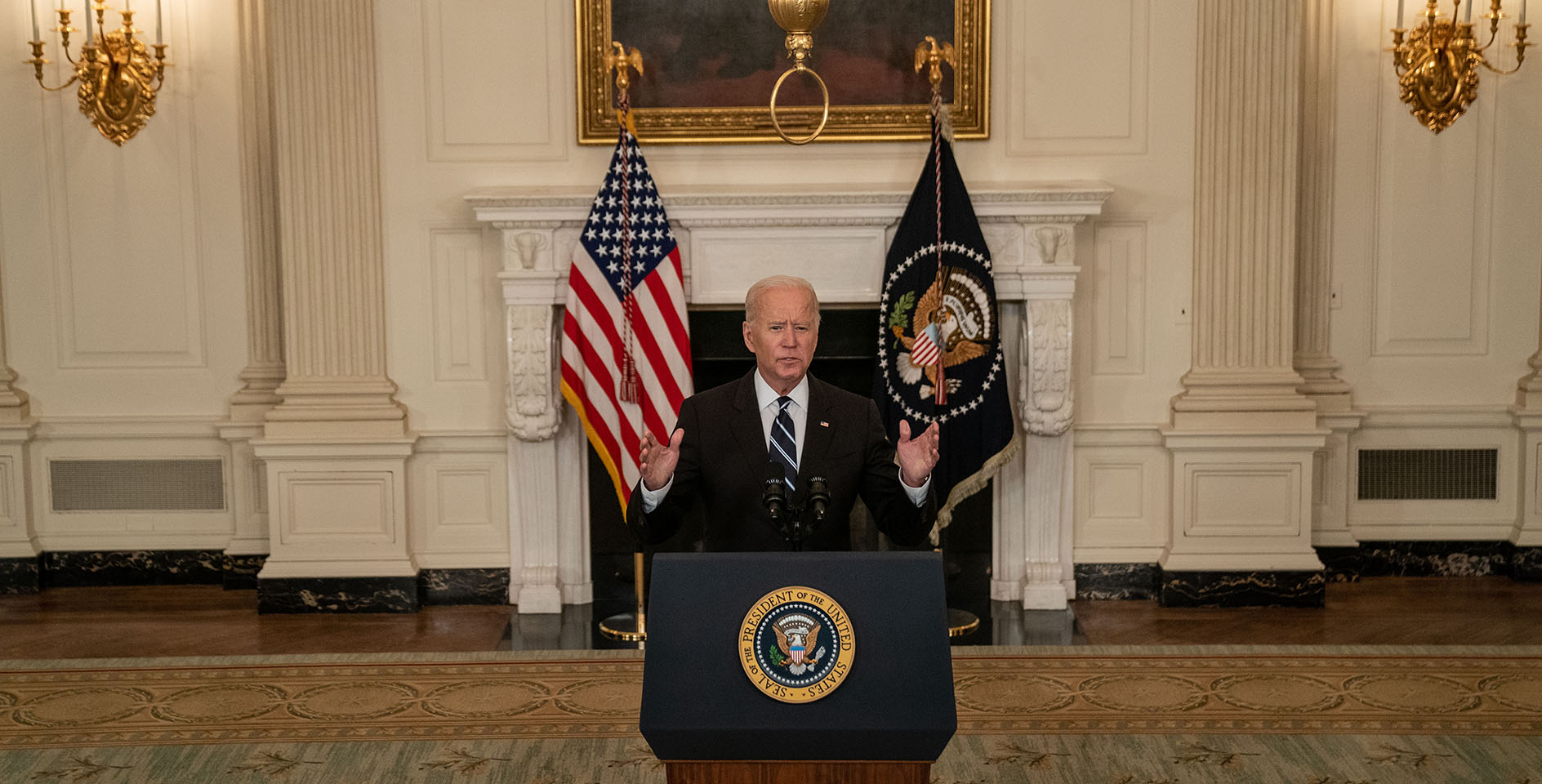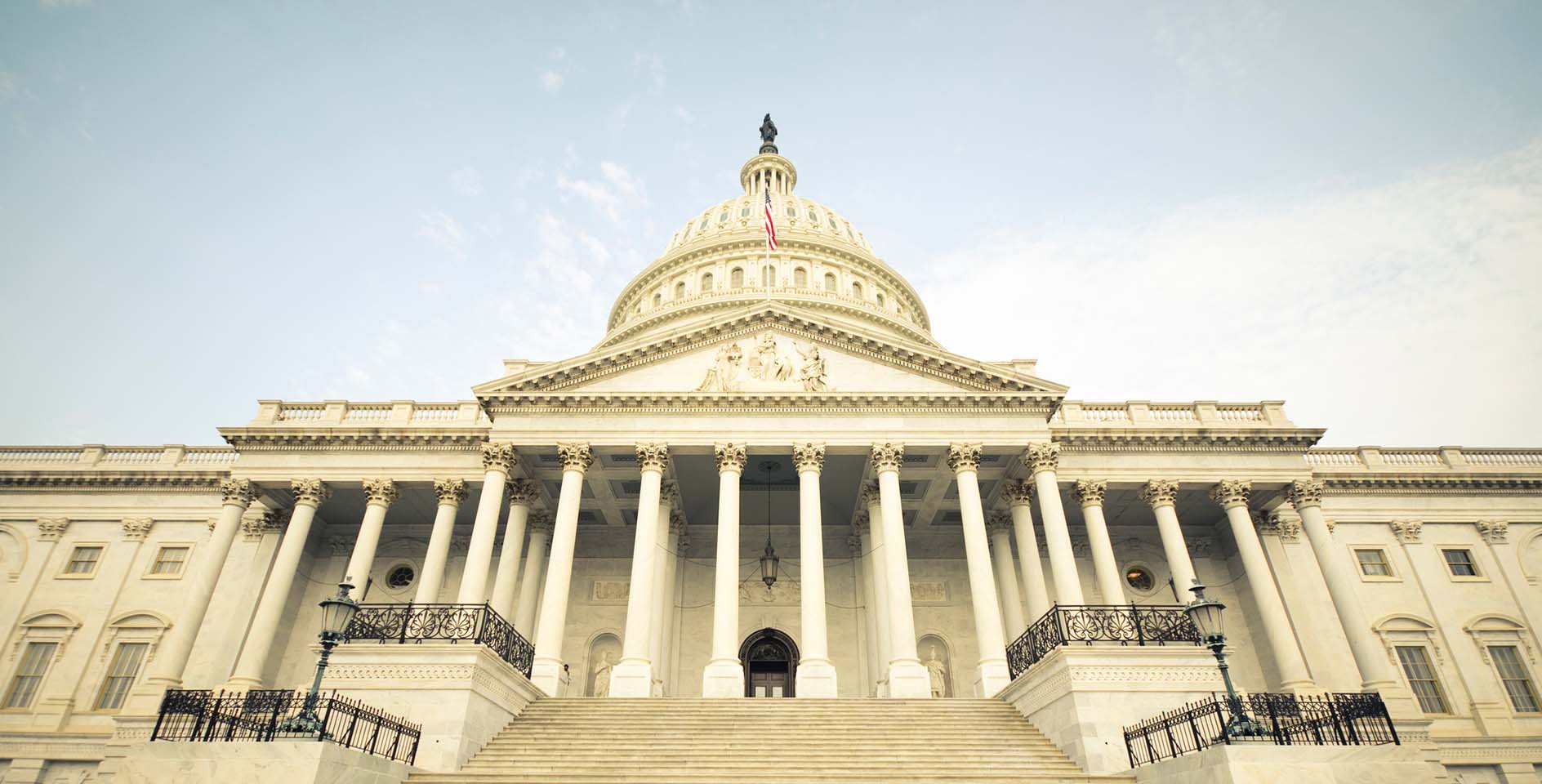On the day that the Supreme Court issued its Obergefell ruling, the U.S. Department of Education quickly changed its Facebook avatar to a rainbow, an image now synonymous with the gay rights movement in America. Easy to overlook (because who among us “likes” federal agencies on Facebook?), the ostensible celebration by the Department of Education communicates one essential reality: The drive toward redefining marriage and abandoning male-female complementarity has gained official government endorsement.
On the one hand, something as silly as a changing Facebook avatars seems innocent and harmless. On the other hand, the mere inclination to celebrate a ruling and a worldview that conflicts with millions of Americans’ own views on sexuality also symbolizes where the future of sexuality in education is headed, or, rather, where it has now arrived.
Fast forward to November 2015 when it was announced that a northern Illinois school district was facing potential lawsuits and a loss of federal funding for refusing to grant a transgender female unfettered access to a women’s locker room, despite having made reasonable and respectful accommodations for the student. According to federal education authorities, making distinctions based on a student’s professed gender identity amounts to a form of sex discrimination, something Title IX was designed to prohibit.
Then in April of this year, the U.S. Court of Appeals for the Fourth Circuit ruled in favor of a transgender boy—a biological female who subjectively identifies as a boy—that complained that her school had discriminated against her by granting her access only to a single-occupancy restroom, instead of full access to a boy’s restroom and locker room. This restriction, in the eyes of the court, amounts to a form of “psychological harm” for the student and is discriminatory. The ruling declares that the student has grounds to sue her school for acts of discrimination against her. How so? At issue is the interpretation of Title IX by the Department of Education, specifically that Title IX protections against sex discrimination now include the category of gender identity.
Title IX was originally enacted in 1972 to resolve disparity and discrimination on the basis of one’s biological sex in educational settings. This was wise policy and made sure that men and women were treated equally. Title IX also made an explicit provision (§ 106.33) that allowed for making distinctions based on biological sex for purposes of assigning who can use bathrooms or locker rooms. But according to the Fourth Circuit, Title IX now includes the legitimately-interpreted provision that it is discriminatory to only take into account biological sex for determining proper bathroom standards. In this instance, because the student “identifies” as a boy, the court held that overlooking gender identity is a form of sex discrimination. The Fourth Circuit Court reached this newfound discovery by appealing to the Department of Education’s lawless re-interpretation of Title IX, which in itself, is not a law, as it was never given any congressional approval.
In his dissent, Judge Paul Niemeyer makes note of how far-reaching the court’s opinion really is: “the majority’s opinion, for the first time ever, holds that a public high school may not provide separate restrooms and locker rooms on the basis of biological sex.”
The impact of the Fourth Circuit ruling is subtle, but sweeping. Government, by circumventing the democratic process, is adopting the approach that the distinguishing hallmark of men and women is psychological self-description. Critics might respond that the court has not altogether rejected biological categories of gender, but those critics would be wrong. Once the court allows self-will and self-description to be the controlling interpretation for what constitutes valid gender identity over and against anatomical and biological objectivity, the preeminence once given to chromosomal and biological understandings of gender will have receded into the background. In the eyes of the court, the autonomous, radicalizing-self of expressive-individualism has greater authority than chromosomes, the testimony of tradition, and common sense.
The day is coming where the abandonment of all forms of biological sex distinction will lead, ultimately, to the collapse of gender differentiation, and will result in the loss of all forms of privacy. While I am hesitant to be hyperbolic, I see nothing in the court’s logic that would prohibit a boy from gaining access to a girls’ shower facility due to nothing but the boy's outward identification regardless of his true desire. It is not difficult to see how policies of this nature can be abused. According to Judge Niemeyer:
This holding completely tramples on all universally accepted protections of privacy and safety that are based on the anatomical differences between the sexes […] This unprecedented holding overrules custom, culture, and the very demands inherent in human nature for privacy and safety, which the separation of such facilities is designed to protect.
Moreover, Judge Niemeyer notes the inconsistency of claim made by “G.G.,” the transgendered boy at stake in this case. In his view, the claim of “severe psychological distress” is a moot consideration because it overlooks competing claims of “severe psychological distress.”
And, unwittingly, it [the majority opinion] also tramples on the very concerns expressed by G.G., who said that he should not be forced to go to the girls’ restrooms because of the “severe psychological distress” it would inflict on him and because female students had “reacted negatively” to his presence in girls’ restrooms. Surely biological males who identify as females would encounter similar reactions in the girls’ restroom, just as students physically exposed to students of the opposite biological sex would be likely to experience psychological distress. As a result, schools would no longer be able to protect physiological privacy as between students of the opposite biological sex. [emphasis mine]
What is happening? Through non-legal means, and by way of the court system, the government is implementing a systematic top-down push to mainstream transgender ideology by circumventing democracy. The likely scenario is coming where this case, or cases like it, will go all the way to the Supreme Court.
Implications for public education
Parents cannot be caught flat-footed. Action taken by the courts will inexorably work their way down to every local district and school. Given the nature of the government tying federal education funding with compliance to federal law, this “trickle down” effect will be gradual and incremental, but certain. Schools that believe themselves surrounded by a conservative community may think themselves insulated from cases like the one mentioned above, but funding in exchange for compliance will ensure that, barring a change in administration and court rulings, every school will be made to care and comply in the long-term.
Some parents may think to themselves “We live in a conservative area. The majority of teachers at our schools are Christians.” These facts will not matter. Because the federal government plays a heavy hand in public education in America, the federal government will work to make sure that its values and laws are followed. The nature of government is to ensure uniformity. And uniformity is achieved through coercion, a power that only governments possess. While the government believes its policies are merely a reflection of society’s changing views on sexuality and gender, the adoption of this secular orthodoxy will put Christians in public schools in a precarious position.
We have to see the action taken by the government for what it is: secular orthodoxy that puts Christians in a minority. Not only is the integrity of the Christian worldview at stake, but also the integrity of what it means to be made in the image of God. The idea that human nature is plastic, pliable, and subject to re-definition-at-will is a direct assault on the common good and the norms that make human flourishing possible. Christians must declare, with both compassion and respect, that re-making ourselves in our own image is the very undoing of humanity, for the disavowal of creational limits results in its own form of judgment and human misery (Rom. 1:18-25).
What must Christians do?
Two days after the Obergefell ruling, pastor John Piper tweeted the following: “There is now no legal way for your children to be taught any normal view of human sexuality.”
Such statements are a sobering reality of what’s at stake in the government’s adoption of unbiblical morality. The actions taken by the federal government give all credible evidence that even a semblance of sexual sanity has been eclipsed by a sexual and lifestyle libertinism. The first step in parenting is to simply be aware. Christian parents, are you aware? Have you asked your children what they’re being taught constitutes a “man” and “woman” in their local school? Are you aware of what family structure is being openly taught to your child or children? Are you having conversations with them helping them prepare for the day when their faith will be tested?
The threat and prospect of minority status is no reason to fear, but it should force us to change our expectations about what’s possible within public schools. So how should Christians respond to the increasing intolerance of Christian sexual morality in public schools?
1. Christians should take stock of the cultural moment, which sounds harder than one would imagine. With parents busy being employees, spouses, and parents, it is easy to overlook the thousand and one ways that children are being morally instructed and habituated in local schools. Parents should take active roles in discovering what their children are learning and combatting errors where necessary. Christian parents will also need to pay closer attention to ways in which government works to enforce moral norms.
2. Christian parents need to establish a tipping point. This may be the most important response to consider. What actions taken by your local school will be sufficient for you to re-evaluate public education? Is having a teacher reprimand your child for his or her belief about marriage, sex, and gender acceptable? Will you allow them to be in schools where bathroom policies are based on gender identity rather than biological sex? Not establishing a tipping point could leave your child over-exposed to environments they shouldn’t be in. Not thinking about a tipping point is irresponsible and will communicate carelessness about a child’s education and Christian formation. This is not a call to exit the public schools; it is a call to vigilance. It is advisable that spouses have a candid conversation and establish a line in the sand.
3. Focus on the local. While the transgender revolution is unstoppable given the current course we’re on, holding schools, principals, and school boards accountable by registering respectful concern is necessary. Your opinion is as worthwhile as every other parent’s opinion, even if it is politically incorrect. Monitoring the action taken by schools is essential, as schools are most likely to implement ill-advised policy if there is no accountability.
4. Vote. From local school board elections all the way to the president of the United States (who appoints education secretaries), voting ensures that your biblical worldview is given equal footing. The ability to install like-minded officials who share a biblical worldview can halt or reverse the troubling trends currently in place.
5. Consider running for your local school board. The ability to vote on district-wide policies that implement or halt wrong-headed policies is the best way to ensure that unbiblical and harmful ideologies are averted.
Though it defies history, reality, and common sense, it appears that America is readying itself for a day when all forms of sexual differentiation will be considered discriminatory. Is this lamentable? Of course. Should we be surprised? No. What matters right now is that parents take sober-minded steps to prepare themselves and their children.










